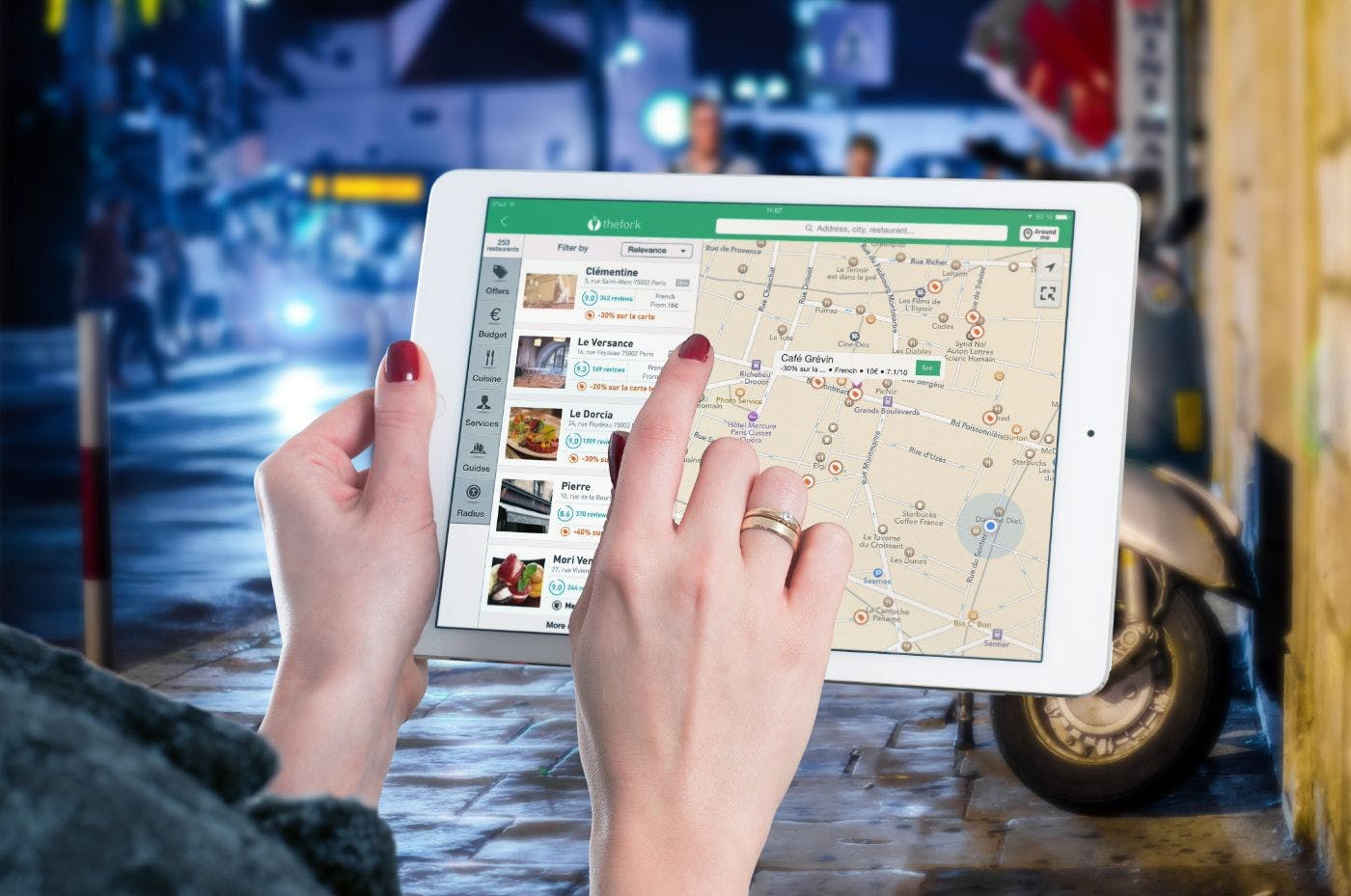521 reads
Unlocking the Real-World Applications of IP Geolocation: 5 Interesting Use Cases
by
April 11th, 2023
Audio Presented by

Entrepreneur, Content Marketing Consultant. Founder and CEO of Digitage.net
About Author
Entrepreneur, Content Marketing Consultant. Founder and CEO of Digitage.net
